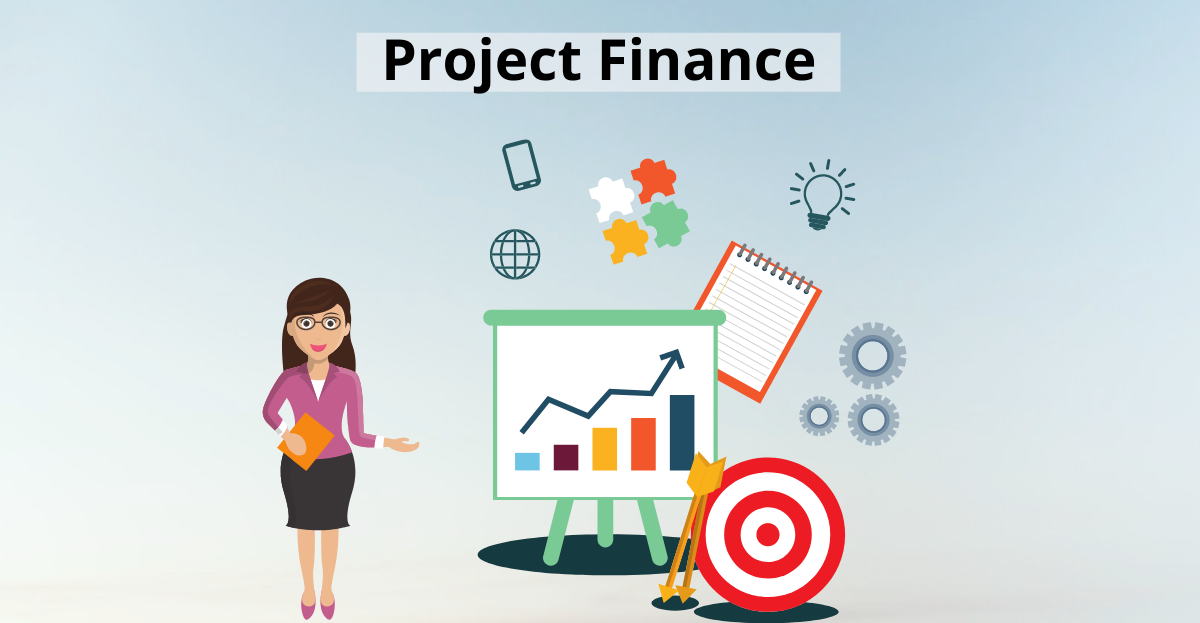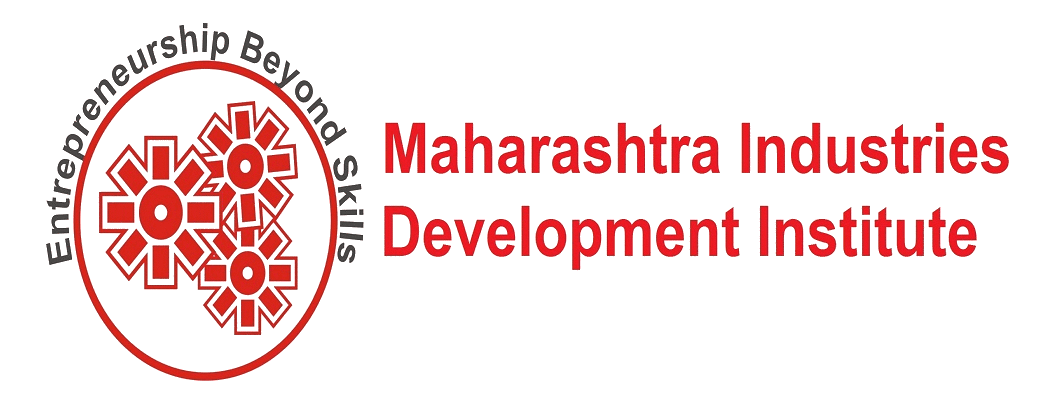Corporate Finance
Corporate finance is the area of finance dealing with the sources of funding and the capital structure of corporations and the actions that managers take to increase the value of the firm to the shareholders, as well as the tools and analysis used to allocate financial resources.
The primary goal of corporate finance is to maximize or increase shareholder value. Although it is in principle different from managerial finance which studies the financial management of all firms, rather than corporations alone, the main concepts in the study of corporate finance are applicable to the financial problems of all kinds of firms.
Our professionals will help maximize corporate profit, while controlling the cost of group. MiDi representatives have delivered superior service to their clients for over 12 years.
Our commitment is to deliver a carefully constructed plan based on a comprehensive discovery process that tells us, and you, virtually everything you need to know about your financial situation.
The professionals at MiDi can help provide solutions to your problems, applying the priorities set forth by you.
We at MiDi hope your visit to our website will help you understand the opportunities and potential rewards that are available when you take a proactive approach to your financial situation.
We are here to help educate you about the concepts of financial management and to give you fast, easy access to your investment data.

Term Loan
A term loan is a simply a loan that is given for a fixed duration of time and must be repaid in regular instalments. These loans usually extended for a longer duration of time which may range from 1 year to 10 or 30 years. Rate of interest charged under these loans may be on a fixed or floating basis, which will vary with market fluctuations.
Project finance
Project finance is the funding (financing) of long-term infrastructure, industrial projects, and public services using a non-recourse or limited recourse financial structure. The debt and equity used to finance the project are paid back from the cash flow generated by the project.


Loan Against Machinery
This loan against machinery is a secured loan, where you pledge high-value machinery to finance all kinds of expenditures, be it buying new equipment, carrying out repairs, or financing personal expenses. As a retailer, you can also pledge a POS machine as collateral. Self-employed borrowers can avail of up to Rs.3.5 crore and salaried professionals can get up to Rs. 1crore as a mortgage loan.
Working Capital/Cash Credit/Overdraft
Working capital of the business is essential for running the daily operations, and for that the company needs to take short term loans or long term loans. The popular options in short term loans are cash credit and overdraft and long term loan options are line of credit or business loans, etc.
Cash credit and overdraft are two types of short term loan facilities offered by the lenders to the businesses. Overdraft facility is also offered to individuals based on their relationship with the bank.
Cash credit is referred to as a short term business loan that is offered to businesses for maintaining the working capital, while overdraft facilities are offered to businesses and individuals who wish to withdraw more than their available balance in the bank account.


Unsecured Loan
An Unsecured Loan is a loan that does not require you to provide any collateral to avail them. It is issued to you by the lender on your creditworthiness as a borrower. And hence, having an excellent credit score is a prerequisite for the approval of an Unsecured Loan.
Bank Guarantee
A bank guarantee is a type of financial backstop offered by a lending institution. The bank guarantee means that the lender will ensure that the liabilities of a debtor will be met. In other words, if the debtor fails to settle a debt, the bank will cover it. A bank guarantee enables the customer (or debtor) to acquire goods, buy equipment, or draw down a loan.


Letter of Credit
A letter of credit, or "credit letter," is a letter from a bank guaranteeing that a buyer's payment to a seller will be received on time and for the correct amount. In the event that the buyer is unable to make a payment on the purchase, the bank will be required to cover the full or remaining amount of the purchase. It may be offered as a facility.
Loan Against Property
A loan against property is a secured loan availed against a commercial or residential property kept as collateral with the lender. As the funds come with no end usage restriction, borrowers can utilise the funds for various purposes such as business expansion, wedding, child's education, etc.


Venture Capital/Private Equity
Venture capital (VC) is a form of private equity and a type of financing that investors provide to startup companies and small businesses that are believed to have long-term growth potential. Venture capital generally comes from well-off investors, investment banks, and any other financial institutions.
Bill Discounting /Factoring Services
Bill Discounting is a process of trading or selling the bill of exchange to the bank or financial institution before it gets matured, at a price which is less than its par value. The discount on the bill of exchange will be based on the remaining time for its maturity and the risk involved in it.
Factoring is a transaction in which the client or borrower sells its book debts to the factor (financial institution) at a discount. Having purchased the receivables the factor finances, money to them after deducting the following:

- An appropriate margin (reserve).
- Interest charges for the financial services.
- Commission charges for the supplementary services.



